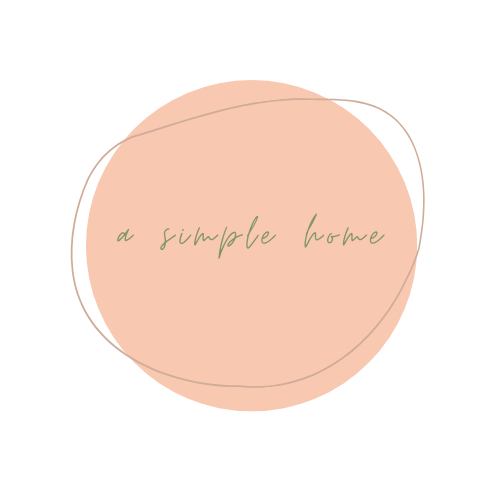S2, Episode 2: About your Cycle
In this mini-episode, I break down
Why should you learn about your cycle?
It’s empowering
You can prepare for the different phases
You can use this information to diagnose or treat issues
You can reclaim your cycle with ancestral knowledge
What myths about a cycle?
Many believe a cycle is only about a period, but a period is only one phase of a cycle
Intense, debilitating pain is not normal and a sign that something is wrong
Major mood swings aren’t normal either and can be a sign of a hormonal imbalance
What is a cycle?
The cycle begins the first day of a period and ends the day before the next period
It can last from 24 - 38 days
It might be very consistent and predicable or less consistent
Throughout the cycle, hormones are changing and affecting your mood, skin, hair, and more
What is the first phase of the cycle, menstruation?
First is menstruation - or your period. The uterine lining - made up of old blood and tissue - is shedding. This phase lasts the length of your period - maybe 4 - 8 days. Think of this as the hibernation or winter of your cycle.
During this phase, your estrogen and progesterone levels are their lowest. This means that your energy is the lowest. You’ll feel tired and need to rest.
To alleviate symptoms, you can choose gentle forms of exercise like walking or stretching.
For nutrients, you can add pumpkin seeds, flaxseed, broth, protein, dark leafy greens, and red raspberry leaf tea. Use spices and herbs that reduce inflammation like turmeric, ginger, cumin, garlic, and curry.
What is the second phase of the cycle, the follicular phase?
The second phase is the follicular phase - or when the pituitary gland releases a hormone called Follicle Stimulating Hormone. This is your body encouraging your follicles - which have your eggs - to mature so that one can make it’s way down the fallopian tube. This can be thought of as the spring.
Your energy is getting a major boost during this time because your estrogen and testosterone are higher. You might feel an increase in motivation and sex drive. This is when you might start a huge project or deep clean your house.
If you enjoy exercise, you’ll feel ready for high-impact or strenuous workouts like cycling or running.
To thrive during this phase, continue eating dark leafy greens like kale or spinach and flax seed and pumpkin seeds. Also add in healthy fats like fish, yogurt, and avocado, oils, and chia or hemp seeds. Include fresh or frozen fruit to increase energy.
What is the third phase of the cycle, the ovulatory phase?
The third phase is the ovulatory phase - or when your egg is released from the follicle to be fertilized - or not. This would be when you're fertile and able to conceive, and you might notice egg-white-looking cervical mucus.
Your estrogen and testosterone are at their highest levels. You’re feeling your best, looking your best, and usually communicating your best. Some people feel a little cramping during the end of this phase. Think of this as summer.
During this phase, you want to focus on maintaining your estrogen levels to keep that energy up. You can keep eating dark leafy greens and flax and pumpkin seeds; then add in lots of fruit like berries and tomatoes, or cruciferous vegetables like broccoli or cauliflower. To prepare for the next phase, I add in green powders like spirulina to smoothies or water.
What is the final phase, the luteal phase?
The final phase of your cycle is the luteal phase - is the coming down of the high of the follicular and ovulatory phase. Your estrogen and testosterone are going down and progesterone is climbing up. This is like the fall.
This is when - for many - PMS symptoms start to kick in. You might feel cravings, bloating, headaches, anxiety, and moodiness. And, like I mentioned earlier, this is something society tells people they just need to suffer through when there are solutions to make this time easier.
To be gentle on yourself during this time, rest and give yourself a break. If you can, make your schedule less packed. If you’re experiencing major PMS symptoms, talk to your healthcare provider about adding B-complex vitamins, magnesium, and other supplements.
For nutrients, make sure you’re getting complex carbs that give your body and brain fuel like whole wheat pasta or bread and sweet potatoes or squash. Add in sunflower and sesame seeds.
How can you learn more about your cycle?
Start by just tuning in and tracking. Don’t just track your period, but track your mood, your cravings, your sex drive, your cervical mucus, and more. Even though you’re not sure what it all means, write it down.
Once you start to know more about your cycle, focus on the luteal and menstrual phase. Add in new supplements or food to see if that makes a difference. Take it easier and schedule less.
After, focus on your follicular and ovulatory phases. Look at your diet, your exercise, your mood, and more.
How can you plan based on your cycle?
Take this slow. You won’t figure it out over one cycle.
I use an app that tells me where I am in my cycle. (If you’re worried about your data being shared, choose a safe app that won’t track or share data.)
If possible, slowly buy pantry items like seeds, frozen greens and fruit, teas, and supplements.
For many parents, they don’t have a lot of time, so I add ingredients for each phase of my cycle into my breakfast, maybe a smoothie or toast. Then, I choose certain tea and supplements based on my cycle.
I hope this episode is informative and helps you learn more about your cycle!
Hi! I'm Gigi; I'm a postpartum doula, newborn care specialist, lactation educator, and parent.
I empower families, so once baby arrives, they can focus on resting and bonding instead of researching or stressing. I’m here to streamline the newborn learning curve and help birth parents, partners, and other family members. There isn’t ONE way to have and raise a little human. I’m here to guide parents to find THEIR way so that they can thrive in the fourth trimester and beyond.


